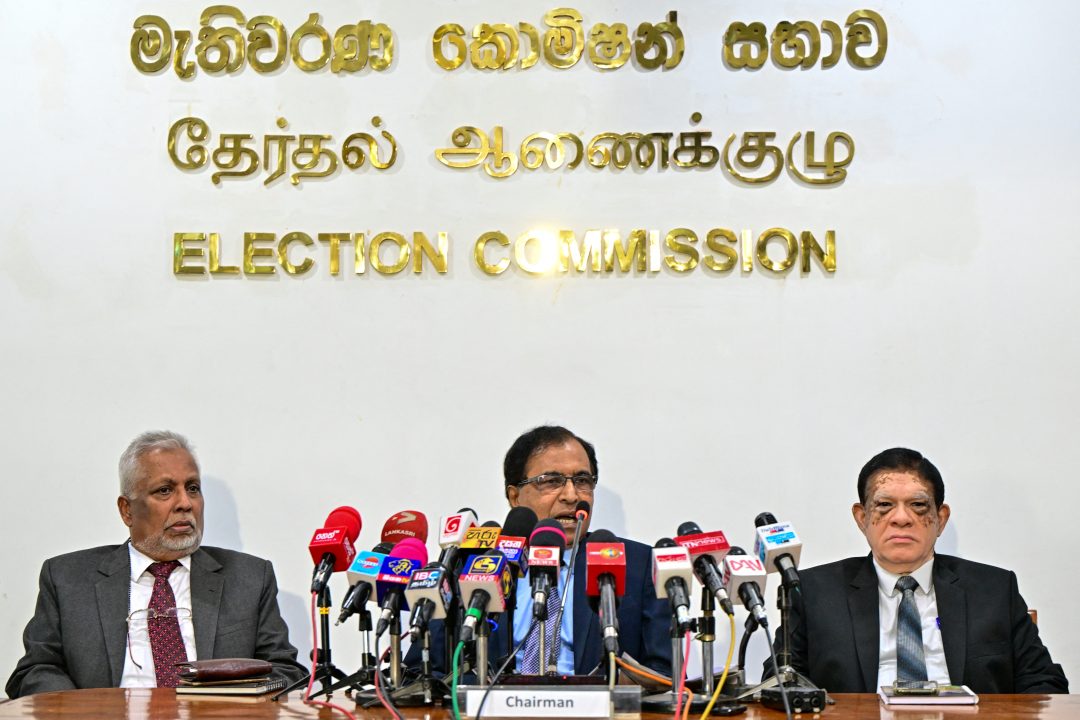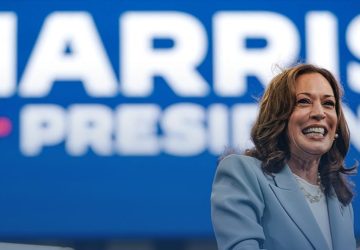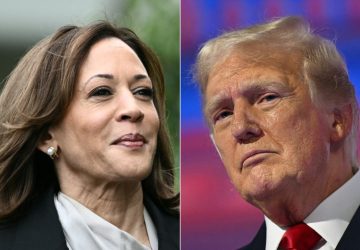Sri Lankans voted on Saturday to elect their president, two years after a catastrophic financial crisis that imposed a widely unpopular and harsh austerity program on the country.
Polls opened at 7:00 AM local time (01:00 GMT) and closed at 4:00 PM (10:30 GMT) after a calm election marked by high voter turnout, according to AFP journalists.
“Nearly 70% of registered voters had cast their ballots an hour before voting closed,” the electoral commission reported.
Vote counting is set to begin quickly, with results expected on Sunday.
President Ranil Wickremesinghe is fighting an uphill battle for a fresh mandate to continue belt-tightening measures that stabilised the economy and ended months of food, fuel and medicine shortages.
His two years in office restored calm to the streets after civil unrest spurred by the downturn in 2022 saw thousands storm the compound of his predecessor, who promptly fled the country.
“I’ve taken this country out of bankruptcy,” Wickremesinghe, 75, said after casting his ballot in the morning.
“I will now deliver Sri Lanka a developed economy, developed social system and developed political system.”
But Wickremesinghe’s tax hikes and other measures, imposed per the terms of a $2.9 billion IMF bailout, have left millions struggling to make ends meet.
Wickremesinghe is tipped to lose to one of two formidable challengers. One is Anura Kumara Dissanayaka, the leader of a once-marginal Marxist party tarnished by its violent past.
The party led two failed uprisings in the 1970s and 1980s that left more than 80,000 people dead, and it won less than four percent of the vote in the last parliamentary elections.
But Sri Lanka’s crisis has proven an opportunity for the 55-year-old Dissanayaka, who has seen a surge of support based on his pledge to change the island’s “corrupt” political culture.
At a polling station he said he was confident of securing the top job.
“After the victory there should be no clashes, no violence,” he said. “Our country needs a new political culture.”
Fellow opposition leader Sajith Premadasa, 57, the son of a former president assassinated in 1993 during the country’s decades-long civil war, is also expected to make a strong showing.
He vowed to fight endemic corruption, and both he and Dissanayaka have pledged to renegotiate the terms of the IMF rescue package.
A total of 39 people are contesting the vote, including one 79-year-old candidate who remains on the ballot despite dying of a heart attack last month.
Heavy Security and Preparations
More than 17 million people are eligible to vote in the election, with more than 63,000 police deployed to guard polling booths and counting centres in schools, temples.
The government also banned the sale of liquor over the weekend and said no victory rallies or celebrations would be permitted until a week after the results were announced.
‘Not out of the woods’
Economic issues dominated the eight-week campaign, with public anger widespread over the hardships endured since the peak of the crisis two years ago.
Official data showed that Sri Lanka’s poverty rate doubled to 25 percent between 2021 and 2022, adding more than 2.5 million people to those already living on less than $3.65 a day.
Experts warn that Sri Lanka’s economy is still vulnerable, with payments on the island’s $46 billion foreign debt yet to resume since a 2022 government default.
The IMF said reforms enacted by Wickremesinghe’s government were beginning to pay off, with growth slowly returning.
By Amal JAYASINGHE with AFP





